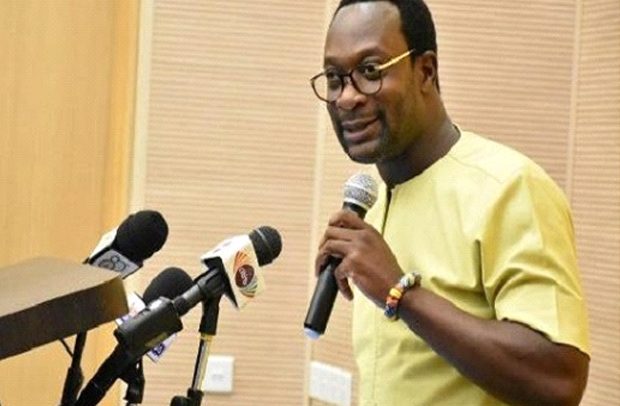Selorm Adadevoh, CEO of MTN Ghana
MTN HAS cut the sod for the construction of a blood bank for the Obstetrics and Gynaecology Departments of the Cape Coast Teaching Hospital, courtesy to the MTN Ghana Foundation.
The GH¢300,000 project is expected to be completed within four months and will comprise a reception, an office, donor lounge or corridor, bleeding room, laboratory, fridge room, store and washrooms.
Speaking at the sod cutting, Samuel Koranteng, Corporate Services Executive of MTN Ghana, expressed the hope that the availability of a blood bank would help provide enough blood for emergency cases and also reduce maternal mortality due to obstetric hemorrhage.
He indicated that investing in sustainable projects consolidated the vision of the company to brighten the lives of its customers in the communities in which it operated.
He mentioned that the MTN Ghana Foundation through its numerous projects had made significant contribution to the delivery of health care across the country.
Mr Koranteng implored the hospital to provide the needed assistance to the contractor to ensure that the project was completed as scheduled.
He said the foundation attached great importance to blood donation and had been associated with a life saving event since 2011, collecting well over 14,000 units of blood.
“For almost a decade, MTN Ghana Foundation has set aside February 14 for our annual save a life blood donation exercise.
“This year, we hope to raise 5,000 units of blood from all 16 regions with help from our staff and the general public. Donation centers have been set up in all 16 regions of Ghana for this activity,” he stated.
He said statistics from the Cape Coast Hospital indicated that maternal mortality ratio for 2018 was 860/10,000 live births.
“In the first half of 2019, 12 out of the 15 maternal deaths that were recorded were blood related,” he added.
He said, through the MTN Ghana Foundation, the telecommunication company had invested over $13.5 million in the company’s three focus area of health, education and economic empowerment.
From Emmanuel Opoku, Takoradi


